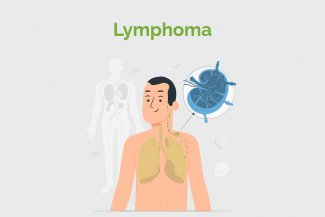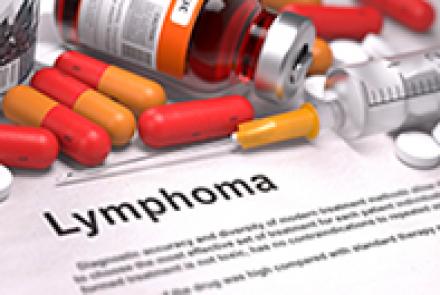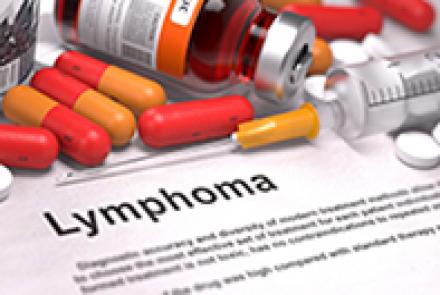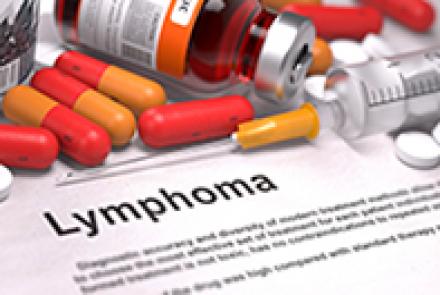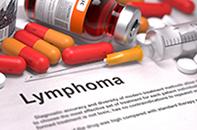
Risk factors for Hodgkin’s lymphoma
The risk factors for Hodgkin’s lymphoma are infectious agents, immunity and genetic susceptibility.
Infectious agents: Prior Infectious mononucleosis (IM) infection and Measles virus (MV) infection has been recognised as a risk factor for HL. People with HIV infection are more prone to develop Hodgkin’s lymphoma and this along with Kaposi’s sarcoma is considered as AIDS-defining cancers. This means that if a person with HIV has one of these cancers, it can signify the development of AIDS.
Immunity: Autoimmune conditions such as rheumatoid arthritis, systematic lupus erythematosus, sarcoidosis (red and swollen tissues in organs), and immune thrombocytopenic purpura (easy bruising and bleeding) significantly increased the risk of HL.
Genetic susceptibility: First-degree relatives have a threefold increase in the risk of developing HL. This association is stronger with younger age, in males, and in siblings. So, if one twin gets HL at a young age, the chance of the other twin getting it is higher in the case of identical twins.
Risk factors for non-Hodgkin’s lymphoma
Immune system: The risk of developing lymphoma may be increased by having a weakened immune system (such as from an inherited condition or certain drugs used after an organ transplant).
Certain infections: The main types of infection that can increase the risk of lymphoma are Human immunodeficiency virus (HIV), Epstein-Barr virus (EBV), Human T-cell leukaemia/lymphoma virus (HTLV-1), Hepatitis C virus
Age: Although non-Hodgkin’s lymphoma can occur in young people, the chance of developing this disease goes up with age. Most people with non-Hodgkin’s lymphoma are older than 60.
Lifestyle: Research studies reveals that obesity and people who work with herbicides or certain other chemicals may be at increased risk of this disease.
Risk factors for Burkitt’s lymphoma
- Epstein-Barr Virus and malarial infections for African type
- Weakened immune system (e.g. HIV infection)
- Mutations activate c-myc gene, which is responsible for cancer cell proliferation.
Other risk factors for all Lymphomas
Gender: Men have a slightly higher chance than women
Certain Infections: Bacterial infection with Helicobacter pylori is known to cause mucosa-associated lymphoid tissue (MALT) lymphoma of the stomach.
Autoimmune disorders: Conditions like rheumatoid arthritis and Sjögren syndrome, have an increased risk of developing certain types of NHL.
Certain drugs: Certain drugs used to treat autoimmune disorders, and cancers may increase the risk. Immunosuppresive drugs used in transplantation also increase risk.
Radiation: Exposure to radiation from atomic bombs, nuclear reactor accidents, and medical radiation therapy.

